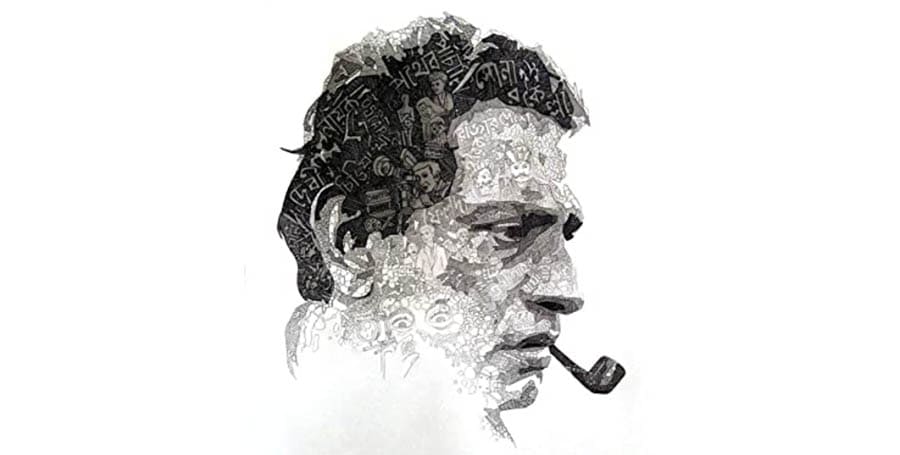
‘Satyajit Ray’s artistry, filmmaking took my breath away’ writes Martin Scorsese.
The hundredth birth anniversary of the Indian stalwart filmmaker Satyajit Ray was observed on 2nd May, 2020. The event, celebrated in different forms across audiences and artists around the country, remembered Ray for his impeccable contribution to the Bengali Cinema. The Office of Development of Museums and Cultural Spaces, Ministry of Culture and Government of India released a tribute film in the honour of the filmmaker. The film was created by the National award-winning writer Arundhati Roy and National Award-winning editor Arghya Kamal Mitra.
Talking of awards, 2 Venice Film Festival Awards, 32 two National Film Awards and an Honorary Academy award, are just a few accolades to Ray’s credentials. Starting his journey with Pather Panchali, today considered a cult film in Bengali Cinema, Ray began a journey of suggesting real lives on screen. Going against the grand, Ray’s social realism and Humanistic storytelling moved people away. So much so that after a special screening, the then prime minister Jawaharlal Nehru was so moved by the film that he made sure it was India’s entry into the Cannes film festival, where it ultimately won the “Best Human Document” award. The film came as a wave of change and swept across cultural boundaries. The train scene from the film is an iconic memory still celebrated in cinema. The film was later weaved into a series of three films called The Apu trilogy by Ray himself.
Starting his career as a location scout on the sets of The River (1951), Ray developed deeper love into films. His filmmaking journey began to reach new heights. His films like Charulatha, Jalsaghar and Ghare Baire made him the face of the arthouse cinema. Sometimes criticized for his detachment from political ideologies, Ray’s films always focussed on the lives of people, their world and struggles. Even when he directed “Nayak’, a film on the life of movie star Uttam Kumar, his choice of delving into his emotional turmoil, moral dilemmas and quest for human empathy gave a new perspective into the lives of an important man. Satyajit Ray’s camera could see beyond the ‘what’ and searched for the ‘why’ of human action.
Satyajit Ray’s 42-year contribution to cinema is everlasting. It would not be fair to measure it in quantifiable terms, but the brilliance of artistry portrayed by Ray on screen is immortal. Interestingly, for a man who got his informal film education watching British Art House films, he became a delight for audiences and an idol in formal film education for the student of films. In his book Deep Focus, Ray mentions the importance of film education for all and highly appreciated the existing film institutes in the country. A visionary, who never felt the need to fight any other kind of cinema, lives in people’s minds as we witness his 100th birthday.
His impact can be seen today in the films of many young filmmakers. He hence will always be the pioneer of the new wave cinema in India. A tribute to the great filmmaker would be sufficed in these words of the stalwart Akira Kurosawa – “Watching a Satyajit Ray film is like seeing the sun or the moon”.